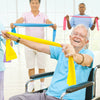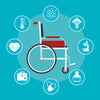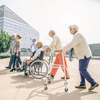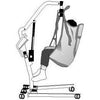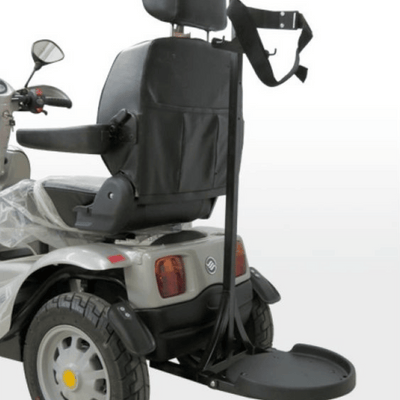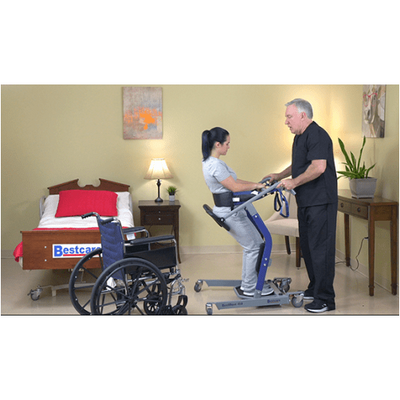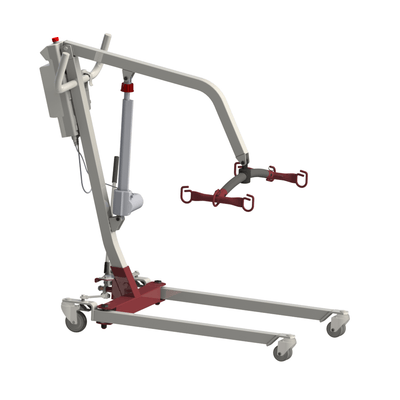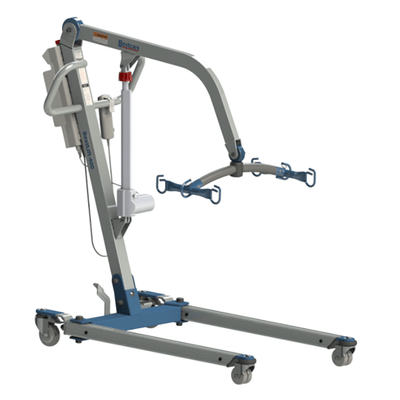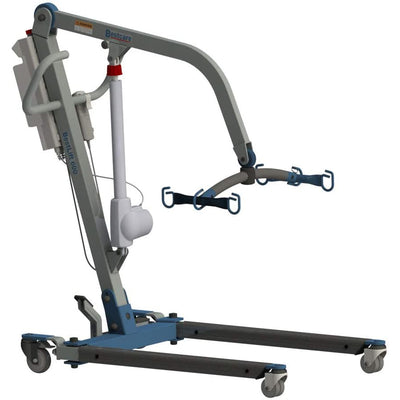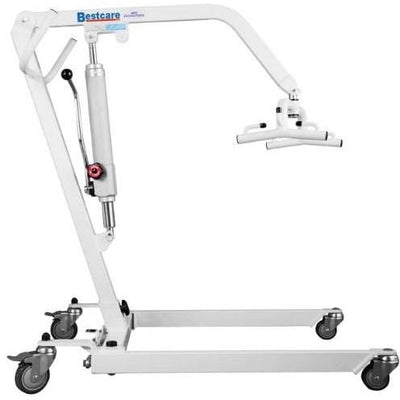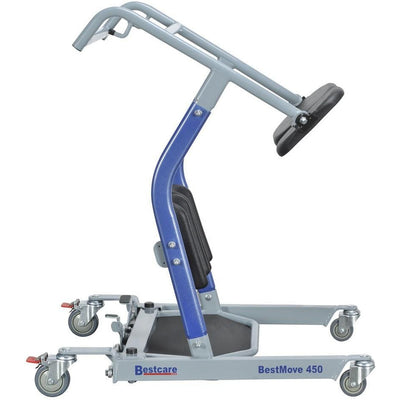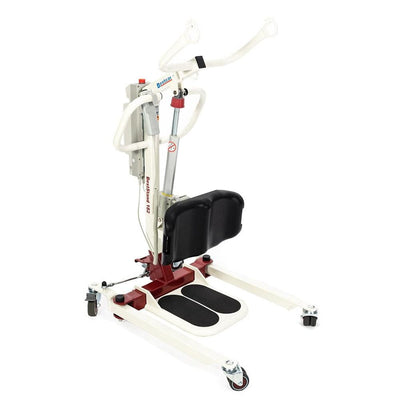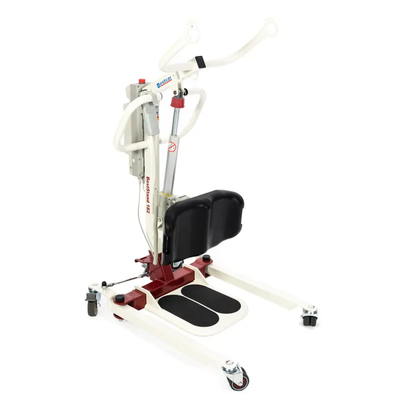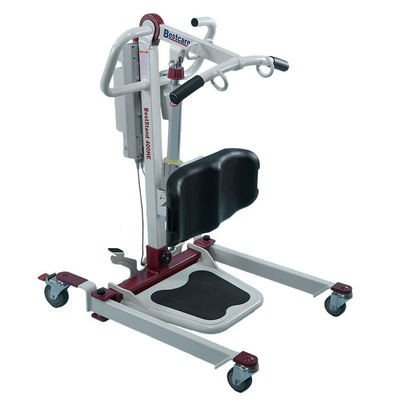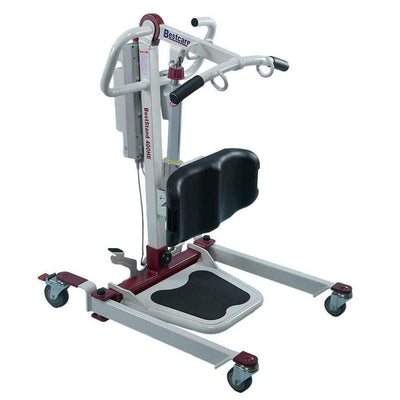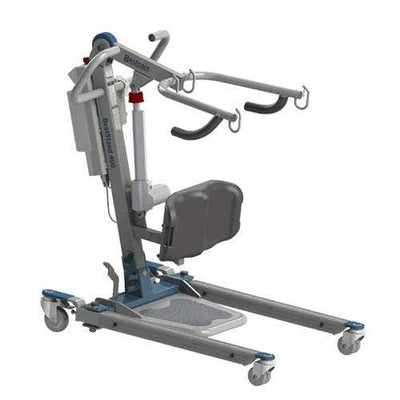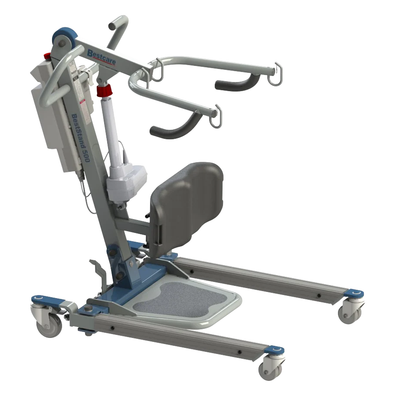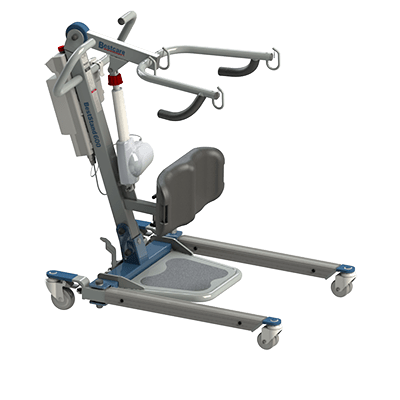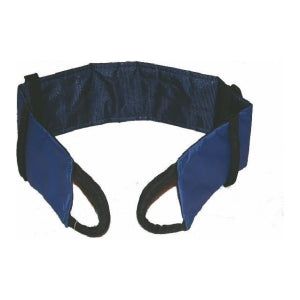Exercise is often hailed as the fountain of youth, and for good reason. As we age, staying physically active becomes increasingly crucial for maintaining overall health and well-being. In this blog post, we'll explore the importance of exercise for aging adults and the numerous benefits it offers for both body and mind.
-
Physical Health Benefits:
- Regular exercise helps maintain muscle strength, flexibility, and bone density, reducing the risk of falls and fractures.
- It improves cardiovascular health by lowering blood pressure, reducing the risk of heart disease, stroke, and diabetes.
- Exercise promotes better joint health and flexibility, easing symptoms of arthritis and improving overall mobility.
-
Cognitive Benefits:
- Physical activity stimulates the brain, enhancing cognitive function, memory, and mental clarity.
- Exercise has been linked to a reduced risk of cognitive decline and may help prevent or delay the onset of conditions like dementia and Alzheimer's disease.
- Engaging in regular exercise can boost mood and reduce symptoms of depression and anxiety, promoting overall emotional well-being.
-
Social Engagement:
- Participating in group exercise classes or recreational activities provides opportunities for social interaction and community engagement.
- Joining walking groups, fitness classes, or sports clubs can help combat feelings of isolation and loneliness common among aging adults.
-
Improved Sleep:
- Regular physical activity promotes better sleep quality and duration, leading to improved overall health and vitality.
- Exercise helps regulate sleep-wake cycles and may alleviate symptoms of insomnia and sleep disorders.
-
Longevity and Quality of Life:
- Studies consistently show that staying physically active is associated with a longer, healthier life.
- By maintaining mobility, strength, and independence through exercise, aging adults can enjoy a higher quality of life and remain actively engaged in daily activities.
-
Tips for Getting Started:
- Start slowly and gradually increase the intensity and duration of exercise over time.
- Choose activities that you enjoy and that fit your fitness level and physical abilities.
- Incorporate a variety of exercises, including cardiovascular, strength training, balance, and flexibility exercises, for a well-rounded fitness routine.
- Consult with a healthcare professional before starting a new exercise program, especially if you have any underlying health conditions or concerns.
Exercise is an essential component of healthy aging, offering a multitude of benefits for physical, cognitive, and emotional well-being. By making physical activity a priority and finding enjoyable ways to stay active, aging adults can enhance their quality of life, maintain independence, and thrive well into their golden years.











